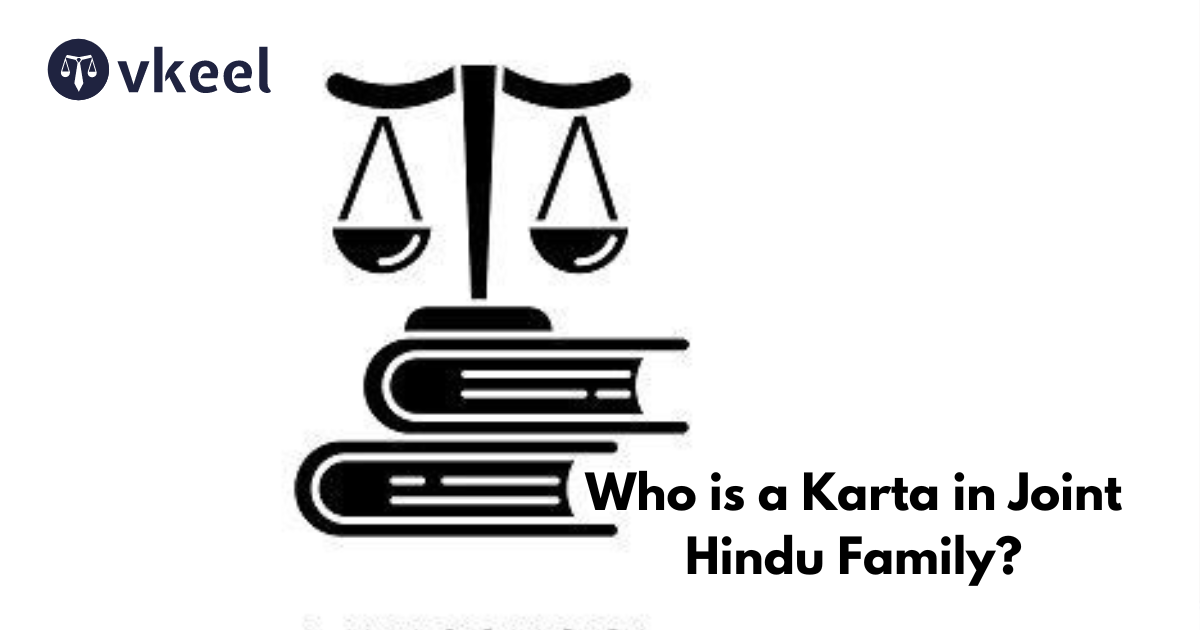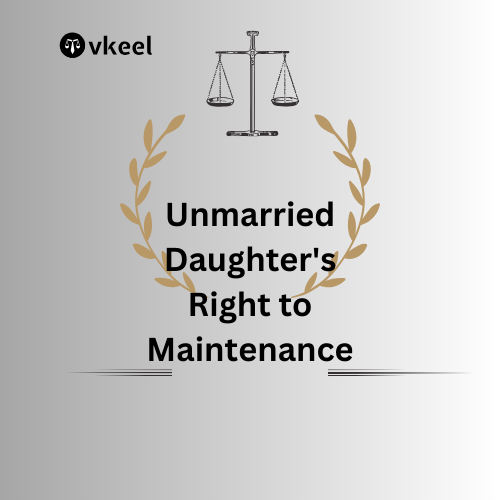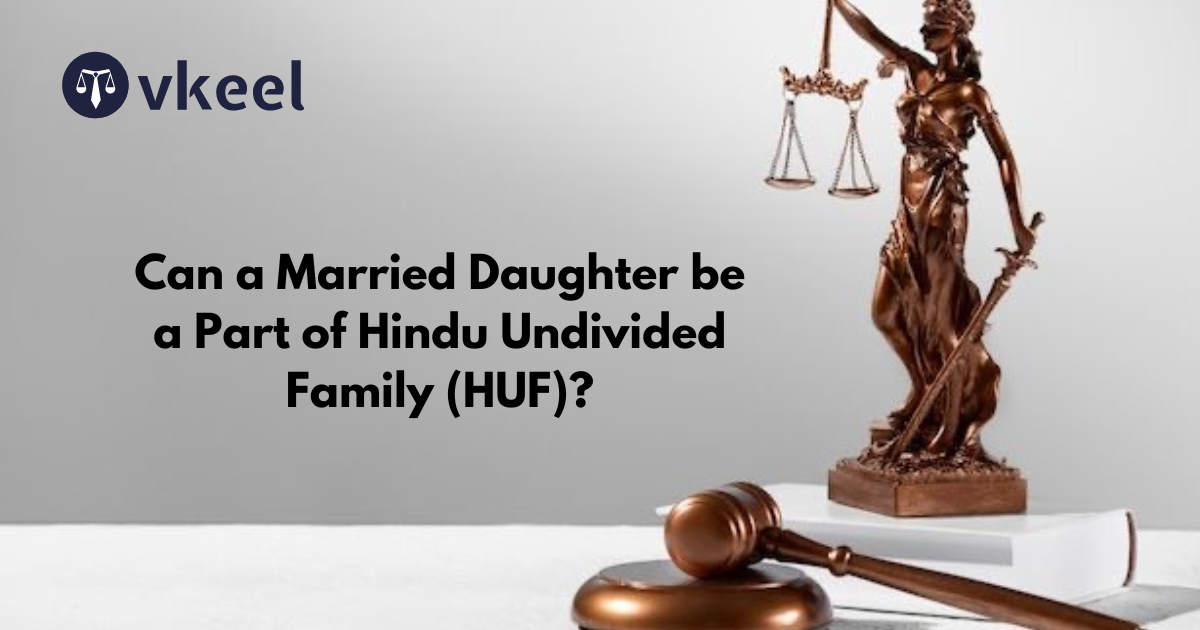Wills Under Muslim Law: An Analysis
By Himanshu Kumar
Table of Contents
Introduction
A will (Wasiyyat) in Muslim law is a declaration of a person’s intention regarding the distribution of their property upon their death. Islamic law, which governs the making of wills among Muslims, has specific guidelines that differentiate it from other legal systems.
The primary reason for the establishment of waqf in India is to fulfill religious and charitable obligations as prescribed by Islamic law. Waqf, an endowment made by a Muslim for religious, educational, or charitable purposes, allows Muslims to contribute to the welfare of the community while seeking spiritual reward. This concept is rooted in the Islamic principle of perpetuity, where the donated assets are preserved and the benefits derived from them are used for the specified purposes, ensuring a continuous stream of support for mosques, schools, hospitals, and other social welfare institutions. This mechanism not only reinforces communal solidarity and social justice but also aligns with the religious duty of Muslims to support charitable causes.
In the Indian context, waqf plays a crucial role in preserving the socio-religious fabric of the Muslim community. During the colonial and post-colonial periods, waqf institutions have provided essential services in the absence of state support, especially in education and healthcare. The historical significance of waqf properties, many of which date back to the Mughal era, reflects the long-standing tradition of philanthropy in Indian Muslim society. By safeguarding and managing these endowments, waqf boards and committees ensure the continued benefit of the community, addressing socio-economic disparities and contributing to the cultural and religious heritage of India.
Concept of Will in Muslim Law
In Islam, a will is regarded as a means to ensure that a person’s property is distributed according to their wishes, within the constraints of Sharia (Islamic law). The concept is rooted in the Quran and Hadiths, and it provides a mechanism to address any omissions or obligations not covered during the individual’s lifetime.
Key Features:
- Voluntary Act: Making a will is voluntary but encouraged in Islam.
- Limited to One-third: A Muslim can will away only up to one-third of their property. The remaining two-thirds must be distributed according to the Islamic law of inheritance.
- Beneficiaries: Beneficiaries under a will cannot include heirs who are entitled to fixed shares under Islamic inheritance law, unless other heirs consent after the testator’s death.
- Revocability: A will can be revoked or modified by the testator at any time before their death.
Legal Framework and Principles
Muslim wills are governed by the Muslim Personal Law (Shariat) Application Act, 1937 in India. This act mandates the application of Muslim personal laws in matters of succession and inheritance.
Principles:
- Testamentary Capacity: Any Muslim of sound mind and not a minor can make a will.
- Subject Matter: Only properties owned by the testator at the time of their death can be bequeathed.
- Legatee: A legatee (person who receives the bequest) must be in existence at the time of the testator’s death.
Case Laws
Abdul Kader v. Salima Bibi (1918) 21 BOMLR 920
- Facts: The testator bequeathed more than one-third of his property to a non-heir.
- Judgment: The court held that the bequest was valid only up to one-third of the property. The rest of the property was to be distributed according to Islamic inheritance laws.
Gulam Hussain Kutubuddin Maner v. Abdul Rashid Abdul Rajak Maner, AIR 2010 Bom 198
- Facts: A will was challenged on the grounds that it was executed under coercion and undue influence.
- Judgment: The court emphasized the importance of free will in the execution of a wasiyyat and invalidated the will due to proven coercion.
Mahboob Sahab v. Syed Ismail, AIR 1995 SC 1205
- Facts: The testator had executed a will giving away his entire property, neglecting the prescribed shares of legal heirs.
- Judgment: The Supreme Court ruled that the will is valid only to the extent of one-third of the property, and the rest must be distributed according to Sharia.
Amendments and Contemporary Relevance
The Muslim Personal Law (Shariat) Application Act of 1937 has seen various interpretations and adaptations to align with contemporary issues. However, there have been no significant amendments directly altering the principles of wills under Muslim law.
Contemporary Issues:
- Gender Equality: Although Islamic law prescribes specific shares for male and female heirs, contemporary debates focus on ensuring gender equality in the distribution of property.
- Interfaith Marriages: The inheritance rights of children from interfaith marriages have prompted discussions on how Muslim wills accommodate such scenarios.
- Digital Assets: With the rise of digital assets, there is an ongoing need to incorporate guidelines for bequeathing digital properties.
Conclusion
Wills under Muslim law offer a structured yet flexible means for Muslims to distribute their property posthumously. The principles governing these wills are designed to balance personal wishes with the equitable distribution mandated by Sharia. Case laws have further clarified the application of these principles, ensuring justice and adherence to Islamic tenets.
In light of contemporary challenges, there is a growing need for nuanced interpretations and potential legislative amendments to address evolving societal norms. By understanding the intricacies of Muslim wills, legal practitioners and individuals can ensure that the testamentary wishes are honored within the bounds of Islamic law.
References
- Quran and Hadiths: Primary sources of Islamic law.
- The Muslim Personal Law (Shariat) Application Act, 1937: Governing law for Muslim wills in India.
- Case Laws: Judicial precedents shaping the interpretation and application of Muslim wills.
Disclaimer:
The information provided in the article is for general informational purposes only, and is not intended to constitute legal advice or to be relied upon as a substitute for legal advice. Furthermore, any information contained in the article is not guaranteed to be current, complete or accurate. If you require legal advice or representation, you should contact an attorney or law firm directly. We are not responsible for any damages resulting from any reliance on the content of this website.










